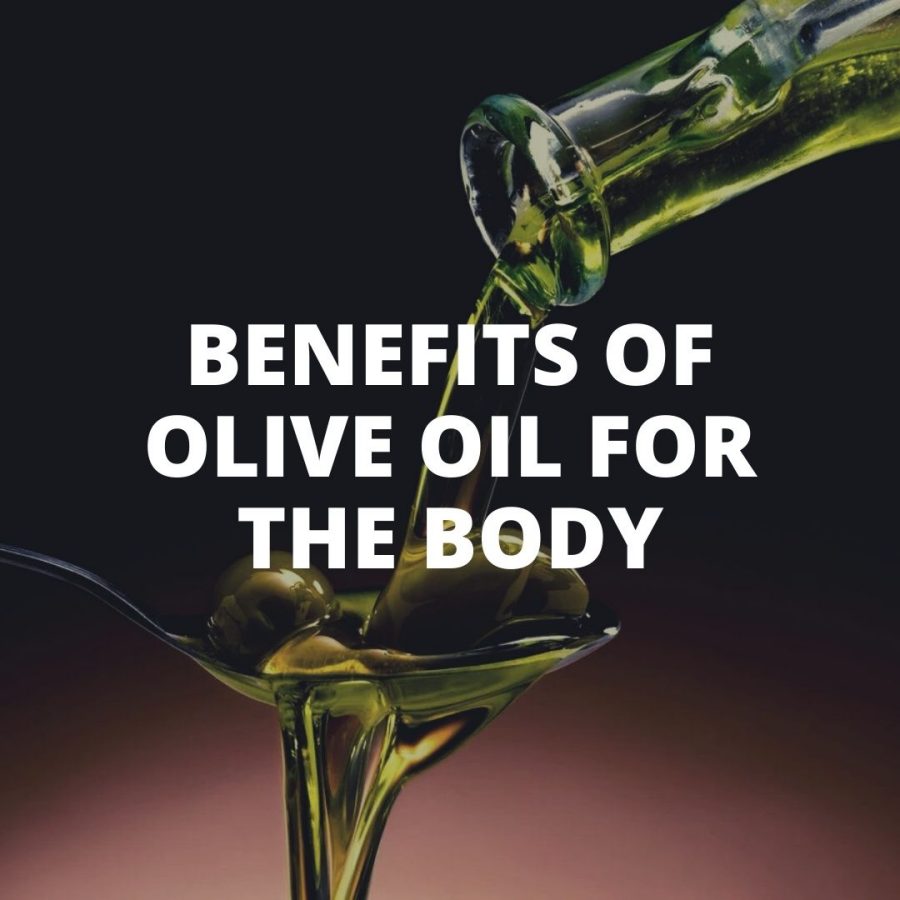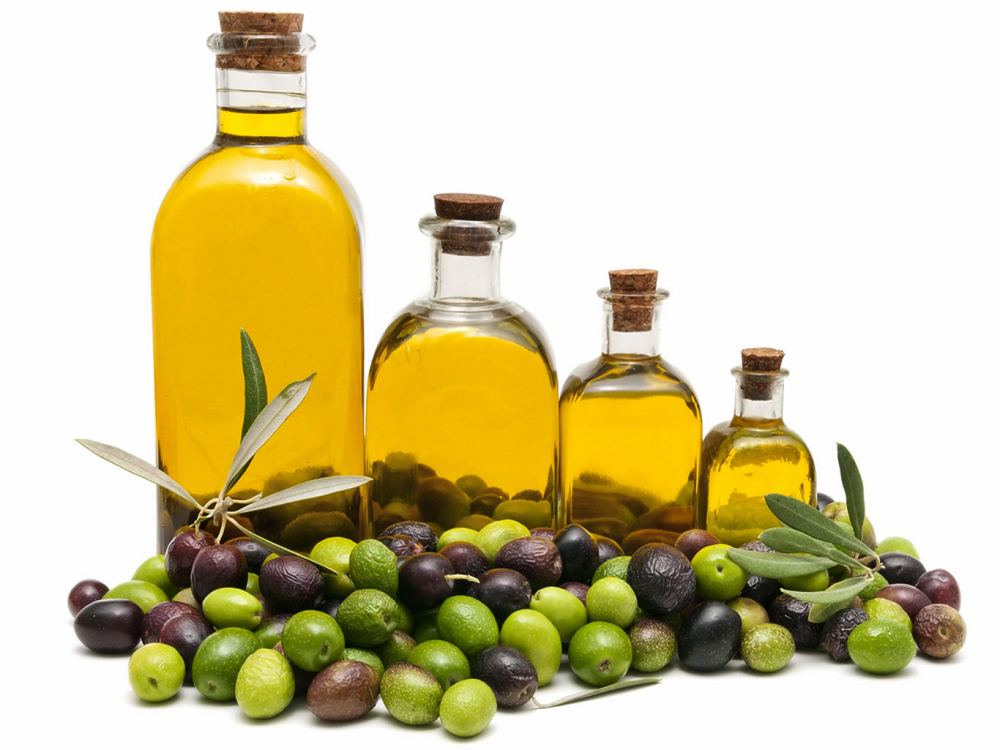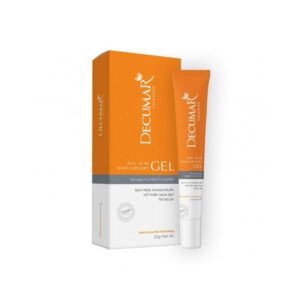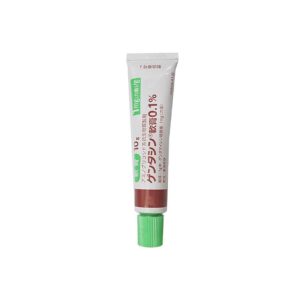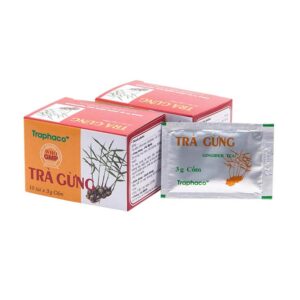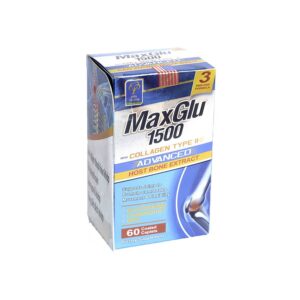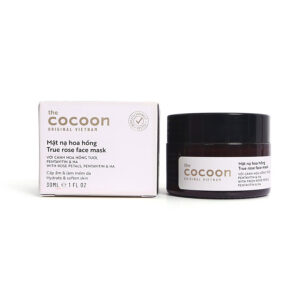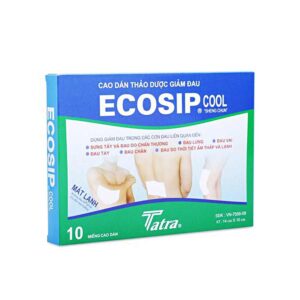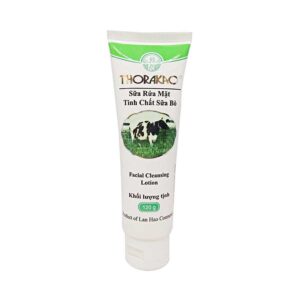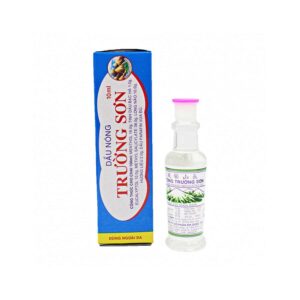Composition, nutritional value, useful properties and is there harm from olive oil? All this in a new article on healthy and proper nutrition – Sixmd.
In the pursuit of an ideal figure we sometimes forget that our body needs not only proteins and carbohydrates, but also fats.
All vegetable oils are considered to be an excellent source of natural fats, which bring undoubted benefits to humans.
The best of them remains olive oil, the useful properties of which are familiar to people since ancient times.
It is popular all over the world and is highly valued for its healing properties and ability to prevent many diseases.
Is olive oil useful: composition and nutritional value
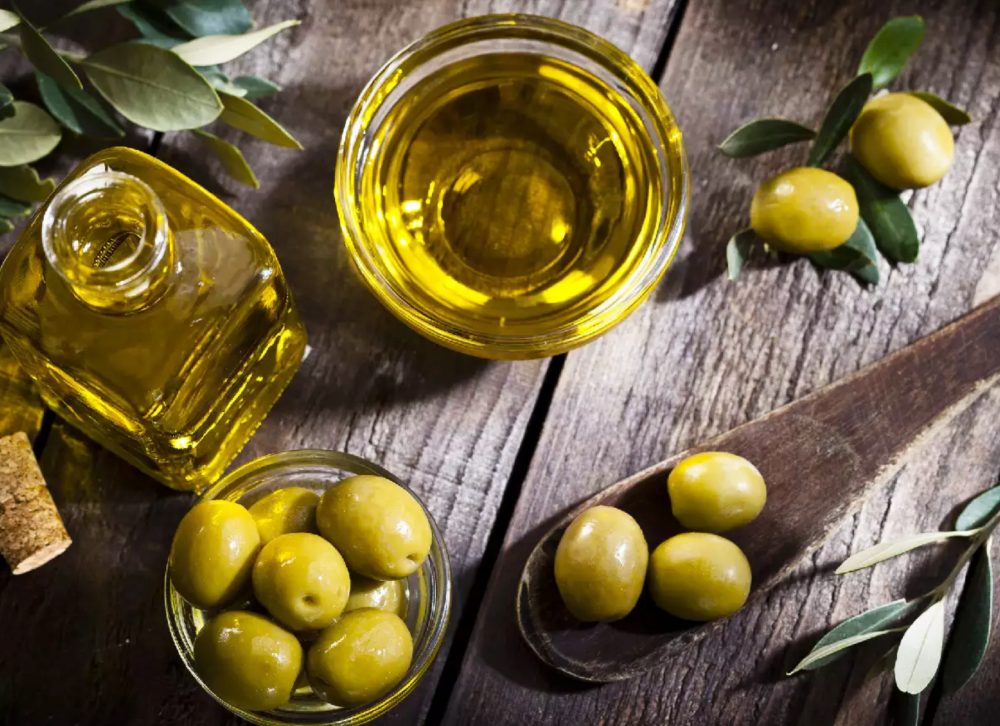
In ancient times, olive trees were considered divine plants. Olive oil was called “liquid gold” and was used not only in cooking, but also for the consecration of temples. Its medical qualities were recognized by Hippocrates himself.
Even back then, it was known that its high content of polyphenols and fatty acids allows to neutralize the risks of cardiovascular pathologies, gives anti-inflammatory effect and helps to fight bacteria.
Today almost everyone knows about the benefits of olive oil for the body. Its therapeutic properties are due to its unique composition, which includes many vitamins and trace elements.
Of particular nutritional value are fatty acids, thanks to which olive oil is considered an indispensable component of the diet.
Olive Oil per 100 grams (3.52oz) of cold-pressed product has the following indicators (in grams):
– stearic acid – 2.5;
– linoleic – 12;
– palmitoleic – 1.55;
– oleic, 64.9;
– Omega-6, 12;
– arachic – 0.85;
– palmitic – 12.9.
Along with fats, the oil contains vitamins E, K and B4, phosphorus, calcium, potassium, iron. Despite its high caloric content (898 Kcal per 100 g), it is allowed to be added to the diet for weight loss. If you eat a salad flavored with oil once a day, it will not bring any harm to the body shape.
Olive oil is useful or not: composition and nutritional value
So, what is the benefit of olive oil? According to studies, diets with its high content significantly reduce the likelihood of developing atherosclerosis, heart disease, some varieties of cancer. In addition, phenolic compounds in olives can normalize many physiological parameters of humans – cell and platelet function, plasma lipoproteins.
The use of Olive Oil has the following effects on our body:
- Removes toxins and impurities;
- Lowers the level of harmful cholesterol;
- Promotes an increased outflow of bile;
- Reduces chronic inflammation;
- Expands blood vessels and helps to normalize blood pressure;
- Protects the skin from the negative effects of the environment, making it softer and more elastic;
- Prevents premature aging;
- Reduces the level of stomach acid, thereby improving digestion;
- Restores articular cartilage cells.
Given the high caloric content of the product, many people often wonder if olive oil is good for weight loss. The natural fats it contains are a fundamental factor in the fight against obesity. Thanks to monounsaturated acids, you can get full quickly and reduce food cravings, which completely eliminates overeating.
It is known that an oil-rich diet is much faster at reducing body weight than a low-fat diet.
Consumption of olive oil will be beneficial for people with diabetes and those seeking to prevent the development of this formidable disease. While carbohydrate-rich foods increase blood glucose levels, monounsaturated fats, in contrast, stabilize sugar and regulate insulin.
Taking the product can slow the penetration of glucose into the bloodstream and reduce the risk of type 2 diabetes.
Is there any harm in olive oil?
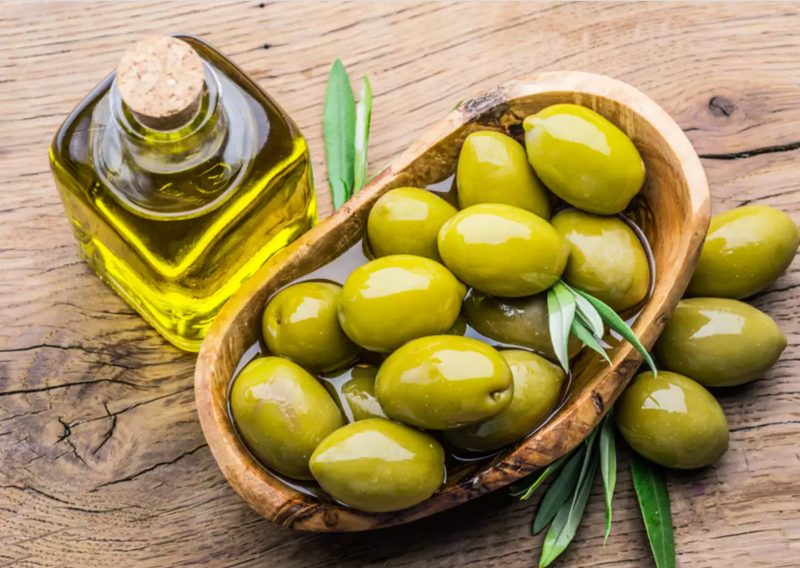
When considering the benefits and harms of olive oil, it is important to note that in some people it causes allergic reactions. Sometimes its use leads to dermatitis, breathing difficulties, and eczema. In addition, abuse can turn out to form gallstones, lower blood pressure and sugar levels.
The high fat content of the product can cause GI disorders. If too much of it is consumed, the body will not have enough time to digest what it has eaten, which can lead to moderate or mild diarrhea.
“To avoid possible harm, you need to buy only quality product and know the basic rules of its use”.
If you are wondering whether you can fry in unrefined olive oil, it is worth considering that for health support, it is better to take it in raw form.
Subjecting the product to heat treatment is not recommended, because it loses its valuable qualities and gives an excessive load on the digestive system.
When used for cosmetic purposes, it is undesirable to apply the oil frequently to the skin. It is quite heavy, so it can clog pores and promote acne. For oily skin, it is best to avoid its use altogether, as it can lead to redness, rashes and irritation.
In any case, its use should be observed in moderation. Although olive oil is very good for the body, if you abuse it, you can get the opposite effect and damage your health.
Video: How Traditional Italian Olive Oil Is Made
Read more articles:
The most dangerous ingredients in food

